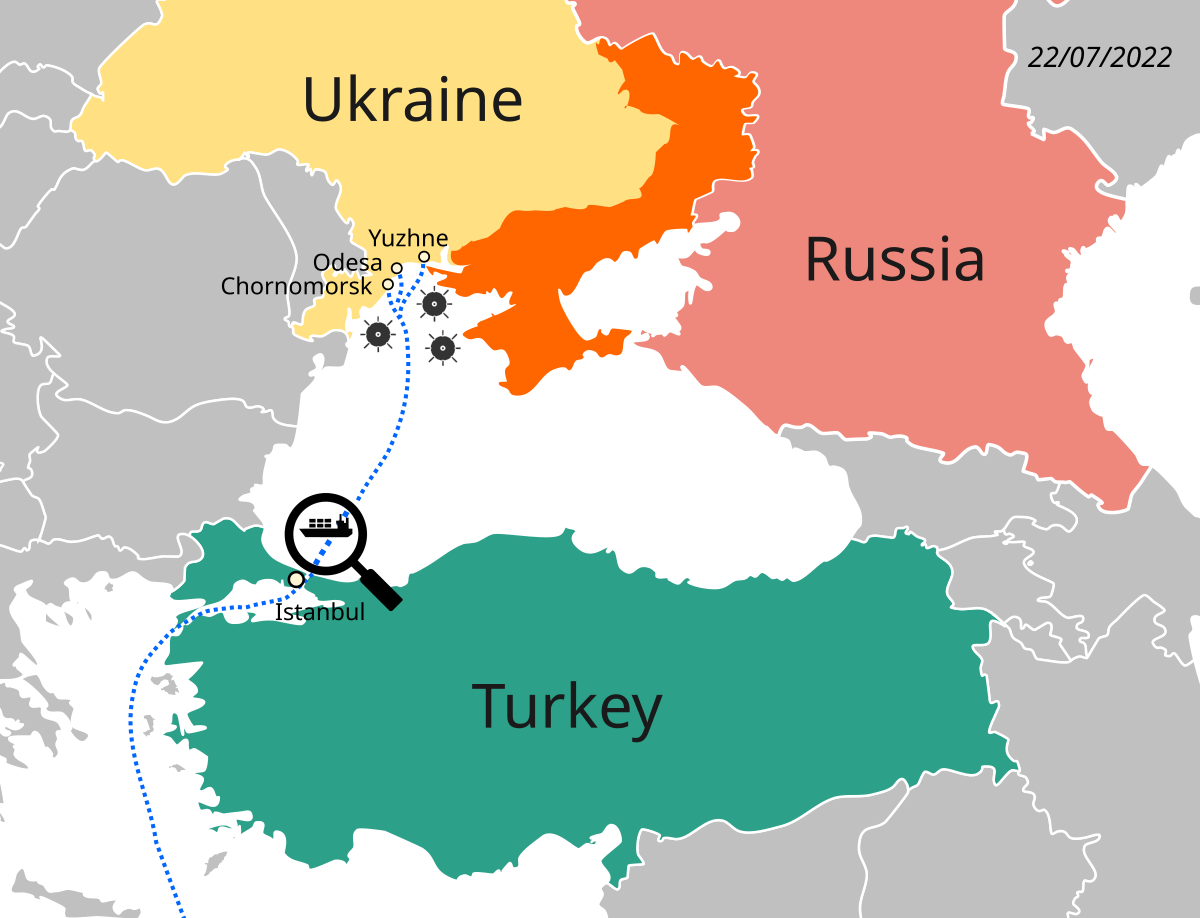A recent claim suggests that the United States brokered a deal between Russia and Ukraine to halt fighting in the Black Sea, with the U.S. offering to help Russia regain access to agricultural and fertilizer markets. The deal was reportedly announced after negotiations in Riyadh and involves security assurances for maritime trade. But how accurate is this claim? Let’s analyze the facts.
Claim: The U.S. mediated a deal between Russia and Ukraine to stop military actions in the Black Sea in exchange for easing restrictions on Russian agricultural exports.
Fact: The claim is misleading.
While discussions regarding maritime security in the Black Sea did take place, multiple sources indicate that the specifics of the deal remain ambiguous, and no concrete commitments have been implemented yet. Furthermore, the claim that former President Donald Trump was involved in these negotiations is factually incorrect—Trump is not in office and has no official role in the Biden administration’s foreign policy.
Evidence:
- U.S. and Russian Statements – The White House and Kremlin confirmed discussions about maritime security in the Black Sea, but their statements differ on key aspects. The Kremlin insists that any cessation of hostilities would only occur after the lifting of Western sanctions on Russian financial institutions such as Rosselkhozbank. The U.S., however, did not confirm agreeing to such concessions.
- Ukraine’s Stance – Ukrainian officials, including President Volodymyr Zelenskyy, expressed skepticism over the deal, stating that Russia cannot be trusted to uphold any agreements without stringent oversight. Ukraine’s Defense Minister Rustem Umerov also emphasized that further discussions were necessary to finalize terms.
- Role of Third Parties – The claim mentions that Turkey and India played a role in convincing Russia to comply. While both countries have historically engaged in diplomatic efforts related to Black Sea security, no official confirmation has emerged regarding their involvement in this specific deal.
- SWIFT and Sanctions – The demand for reconnecting Russian banks to the SWIFT financial system has been a long-standing Russian request. However, the U.S. and EU have not indicated any policy shifts in this direction.
- European Reaction – The U.K. and France have reportedly been left out of the Riyadh discussions, further raising doubts about the deal’s credibility and its potential enforcement.
Conclusion:
The claim that a definitive Black Sea ceasefire deal was brokered between Russia, Ukraine, and the U.S. is misleading. While talks occurred, the terms remain vague, and Ukraine has not fully endorsed any agreement. Additionally, the assertion that Donald Trump played a role in these negotiations is false. Until further details emerge, this claim should be taken with skepticism.

